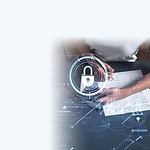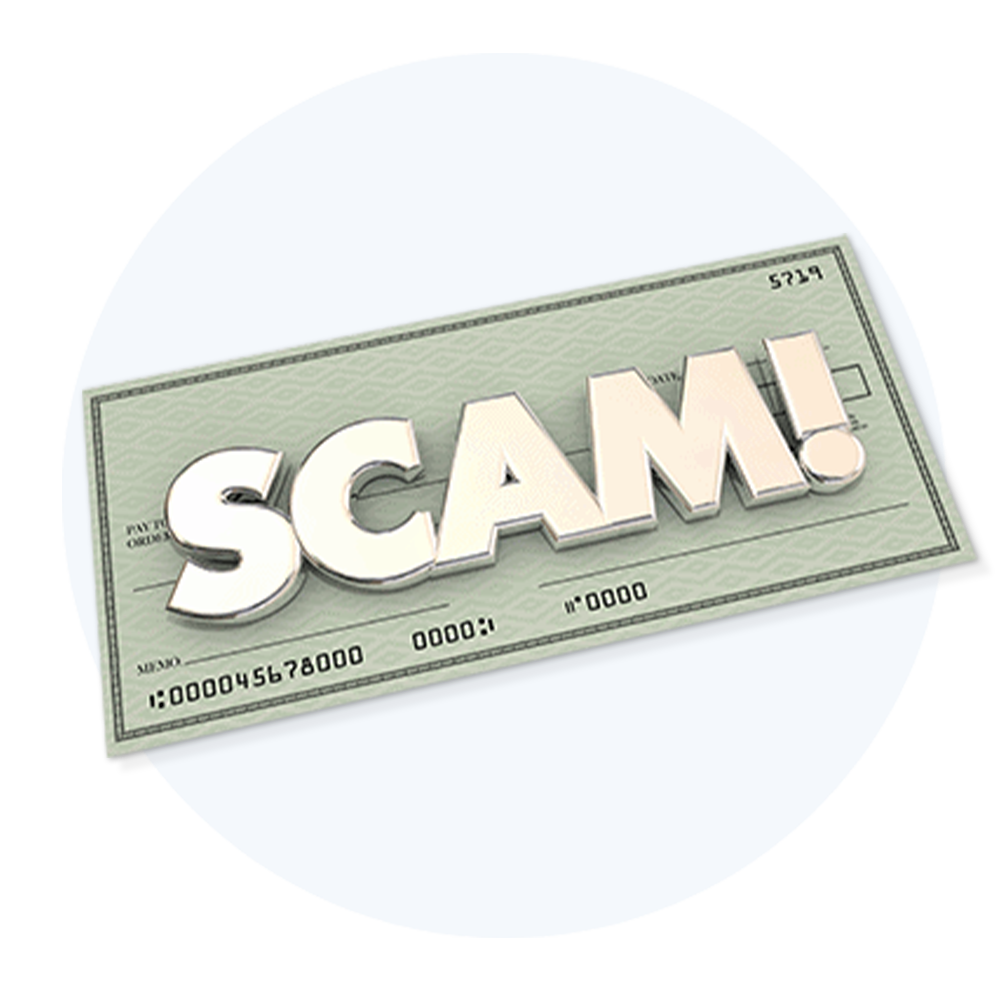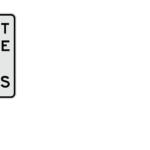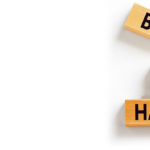Check Fraud is Prevalent

What is Check Fraud?
Check fraud can take many forms
Often check fraud involves the attempt to pay for products or services using a stolen, altered, or counterfeit check. Some instances of fraud include writing a check to a business or individual with knowledge that there are not enough funds in the account to cover the amount.
These schemes exploit a federal law that requires banks to make money from check deposits available to account holders in just a few days. But it can take weeks to identify a fraudulent check. At that point, it’s too late — your money is gone.

Protect your business from check fraud.
Follow these steps to limit risk and prevent financial loss:
–NVB Debit Card
–NVB Credit Card
–ACH & Wire Payments
–NVB Business Bill Pay
–NVB Positive Pay




